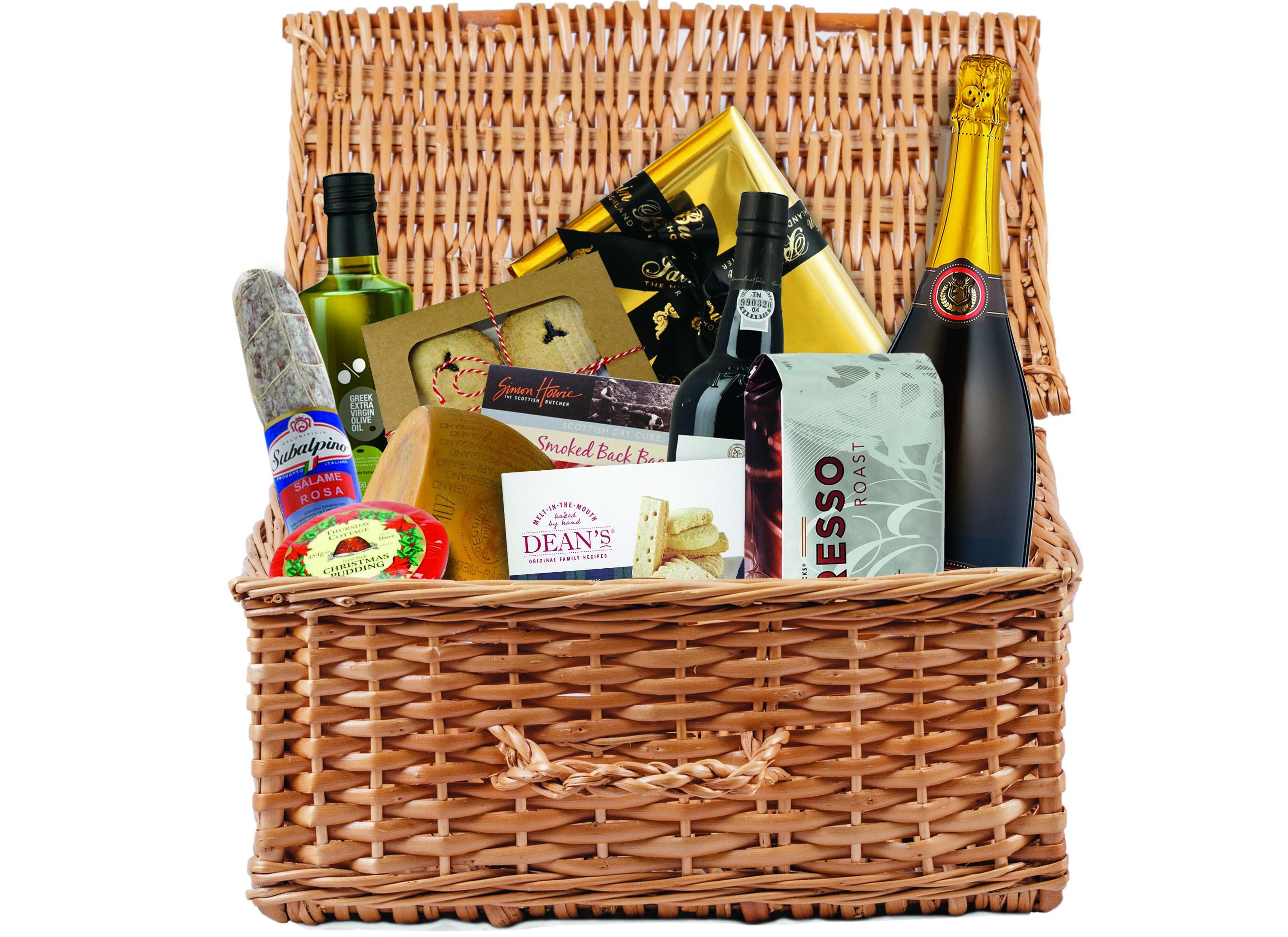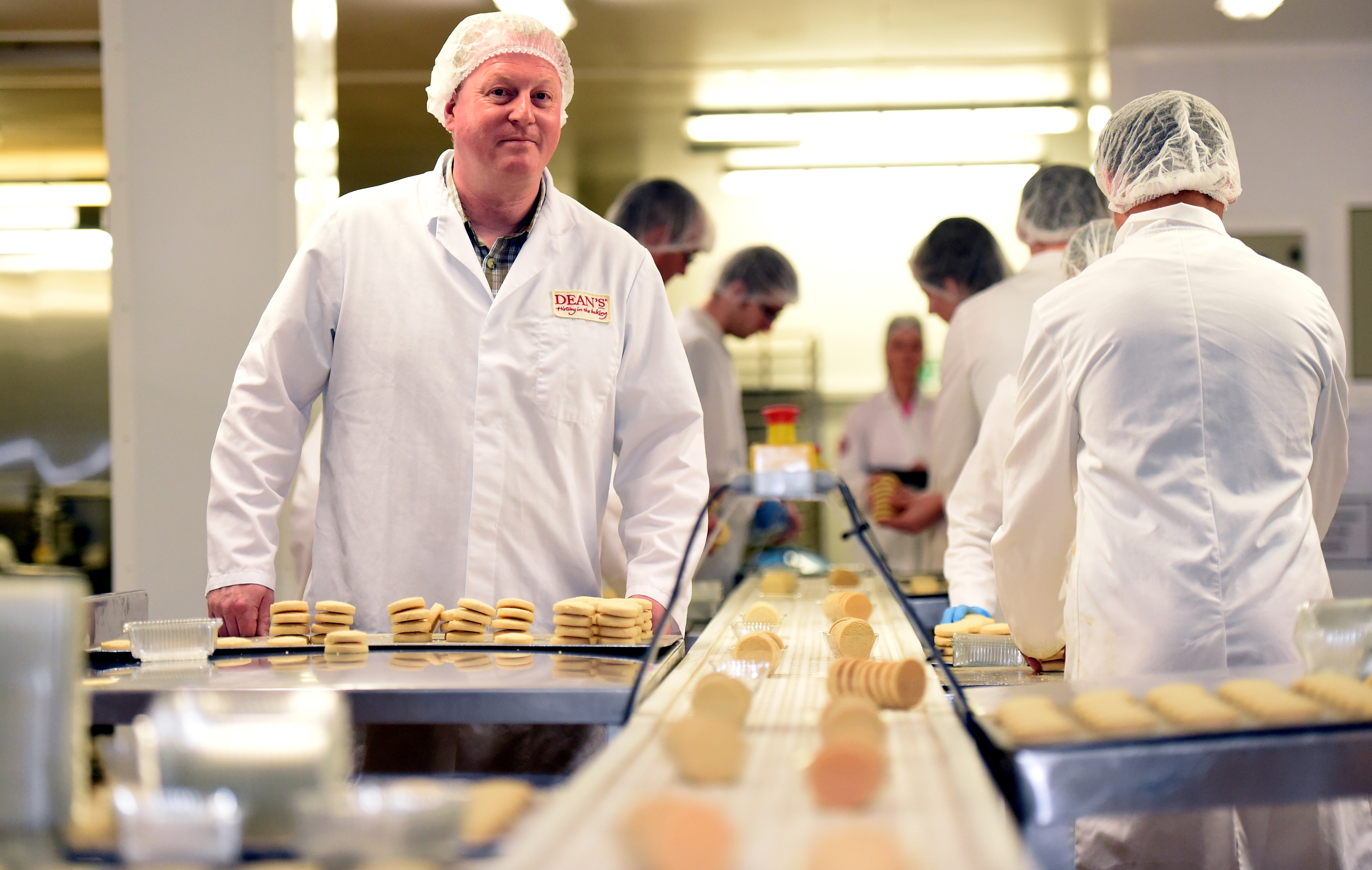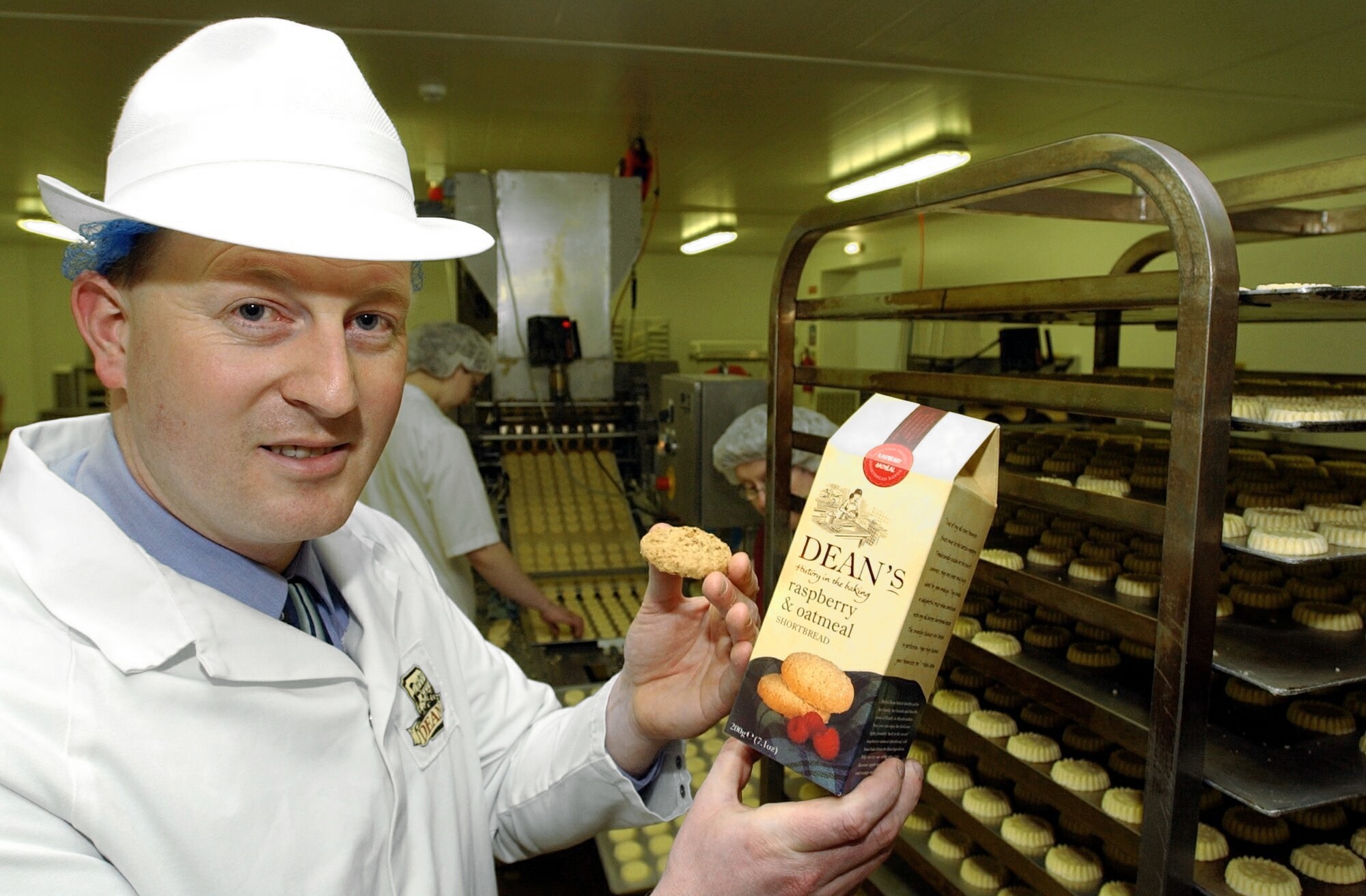
SHORTBREAD prices could be set to soar this Christmas as biscuit makers take a post-Brexit battering.
The crumbly Scottish delicacy faces a turbulent Yuletide due to the soaring price of butter, one of its key ingredients.
Shoppers could be forced to pay well over the odds for the table treat.
And one key manufacturer described the volatility in the market as an utter nightmare.
Bill Dean, managing director of Dean’s of Huntly, said the escalation in butter prices was a “very worrying situation” for companies that rely on the product.
The biscuit and shortbread firm employs 168 people at its manufacturing site in Aberdeenshire.
Mr Dean said: “We have seen the price rise by about £1400 to £1500 per tonne of butter in the space of the last two or three months. That’s a 75% increase.
“An element of the sharp rise we are seeing has to do with the ramifications of Brexit, because a lot of products, like butter, are traded in euros.”
Suppliers have told Mr Dean – whose business began when his mother’s shortbread recipe became a favourite with his father’s bagpipe band – that other reasons for the price increase include “strikingly lower levels of production”.
He said: “It’s a pretty serious situation to try and work through. These increases, if sustained, shall see our costs go up by about £675,000 per year on butter alone.
“These prices can’t be borne by the companies long-term so we may have to escalate prices.
“However, when increases cannot be absorbed and have to be passed along the chain, products such as ours then become too dear. You are then affected with a decline on sales.
“When you’re seeing huge hikes like these, it’s not a comfortable place for any business in our sector to be operating.
“Sugar and wheat flour prices have also been increasing. They too are traded based on the euro.
“I honestly wish the pricing volatility we are seeing would somehow abate, and remain stable for a decent period of time.”
As a result of Brexit, Mr Dean’s firm has also frozen its £3m expansion plan to produce a wider variety of cakes and biscuits, including gluten-free products for customers who are intolerant to ingredients such as wheat.
“It’s not healthy for retail, manufacturing or the consumer,” said the 52-year-old former metalworker.
“It’s a big investment for us but it’s come slap bang in the middle of a moving situation which we have no control over, so it’s not a comfortable place to be.”
Even for a business which has doubled its annual turnover to £8.5m in the past 10 years, the combination of higher costs and continued uncertainty is damaging.
“We’ve not got such a big cushion to ride it out with both of those barrels coming at us,” he said.
A host of dairy products, including cheese and milk, have shot up in price since the vote to leave the EU in June.
One of the biggest indicators of looming price hikes came last week when Tesco chairman John Allan said a rise in the price of food was “very likely” due to the fall in the value of sterling.
World renowned chocolatier Iain Burnett, who supplies high-end hotels and airlines, said the uncertainty was “painful” for his business.
He said: “Most of the difficulties came within two weeks of the Brexit vote. The combination of all the contributing factors, the biggest of which is currency, has put my costs up by more than a third.
“I bring in the cocoa beans from Belgium where they’re roasted, I have handmade packaging imported from America, these are just a couple of the factors affected by cost.
“What’s going on is quite painful. We’ve absorbed as much of the costs as we can, but there will come a point where just to survive we will have to pass some of it on.”
READ MORE
Cost of shopping set to take a pounding in Brexit fallout
Half of working households worry about Brexit effect on their finances, says survey

Enjoy the convenience of having The Sunday Post delivered as a digital ePaper straight to your smartphone, tablet or computer.
Subscribe for only £5.49 a month and enjoy all the benefits of the printed paper as a digital replica.
Subscribe
